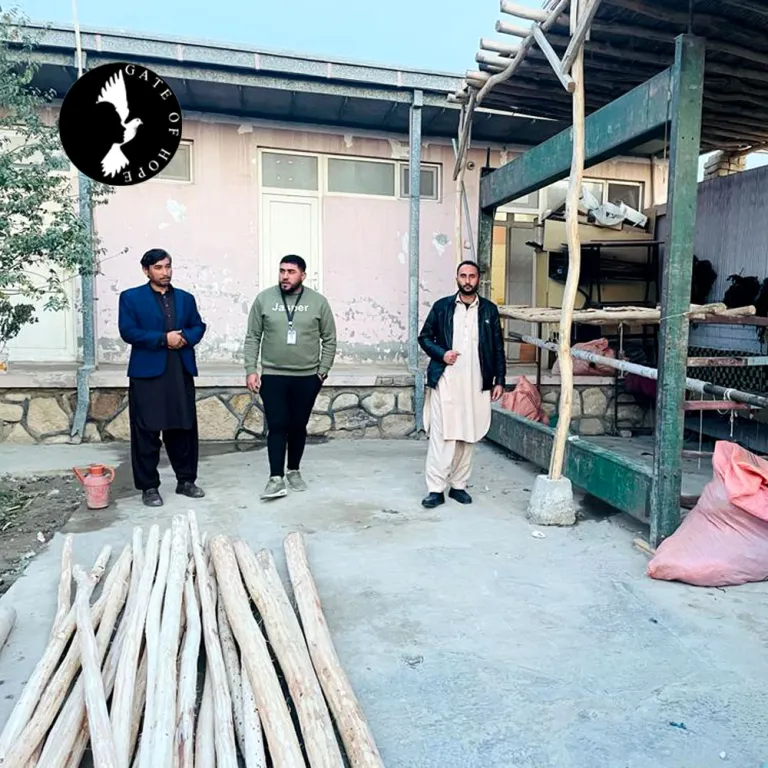Afghan women have long faced a multitude of challenges, from systemic discrimination to restrictions on their basic freedoms. In recent years, the global community has rallied behind the cause of Afghan women’s rights, with numerous Afghan women rights NGOs and Afghan nonprofit organization working tirelessly to create avenues for empowerment. These organizations play an essential role in advocating for gender equality, providing support to survivors of violence, and offering education and employment opportunities. This article delves into the crucial work these organizations do and highlights the ongoing efforts to improve the lives of Afghan women in a rapidly changing environment.
The Crucial Role of Afghan Women Rights NGOs
Afghan women rights NGOs have been at the forefront of advocating for women’s rights in Afghanistan, especially in the wake of political and social upheaval. These organizations provide a platform for women to voice their concerns, ensuring that their rights are respected and protected. Through legal advocacy, awareness campaigns, and community outreach, they strive to dismantle societal norms that perpetuate gender inequality. By working with local communities and the international community, Afghan women rights NGOs aim to create long-term change, providing Afghan women with the resources and support they need to thrive in an often challenging environment.
The Importance of Education and Empowerment for Afghan Women
One of the most critical areas of focus for Afghan women rights NGOs is education. Education is a key tool for breaking the cycle of poverty and oppression, offering Afghan women the knowledge and skills they need to become active participants in society. Many Afghan nonprofit organizations have established schools, vocational training centers, and literacy programs aimed at empowering women and girls. These educational opportunities are essential for providing women with the tools necessary to build a brighter future, not just for themselves, but for their families and communities as well.
Safe Spaces and Support Systems for Afghan Women
Afghan women are often subjected to violence, both domestic and societal, making access to support services a critical issue. Afghan women rights NGOs are working hard to establish safe spaces for women where they can seek refuge from violence and receive counseling and legal aid. These support systems provide survivors with the means to rebuild their lives and access justice. The work done by Afghan nonprofit organizations in this area helps to ensure that women have the resources and support needed to escape cycles of abuse and reclaim their independence.
Challenges Faced by Afghan Nonprofit Organizations in Promoting Women’s Rights
Despite the significant progress made by Afghan nonprofit organizations, numerous challenges remain. Security risks, cultural resistance, and limited resources often hinder the effectiveness of these organizations. For example, working in rural areas can be especially difficult, as conservative attitudes toward women’s rights are more deeply entrenched. Furthermore, the ongoing instability in Afghanistan has made it harder for many organizations to operate effectively. Nonetheless, Afghan nonprofit organizations continue to adapt to these challenges, employing innovative solutions and collaborating with international partners to make a lasting impact on Afghan women’s lives.
International Collaboration: Strengthening Afghan Nonprofit Organizations
International support plays a pivotal role in strengthening Afghan nonprofit organizations and helping them expand their reach. Partnerships with global organizations allow Afghan women rights NGO to tap into a wealth of resources, expertise, and networks. This collaboration enables these organizations to continue their vital work despite the many challenges they face. International donors also provide funding for programs focused on women’s rights, education, healthcare, and economic empowerment, ensuring that Afghan nonprofit organizations can continue to serve their communities and create positive change.
Conclusion
The tireless efforts of Afghan women rights NGOs and Afghan nonprofit organizations continue to shape the future of Afghan women, providing them with opportunities for education, empowerment, and justice. While the challenges remain formidable, the resilience and determination of these organizations give hope for a brighter tomorrow. If you wish to learn more about the work being done to protect and promote Afghan women’s rights, visit goh-afg.org, where you can discover ways to support and become part of the movement.



